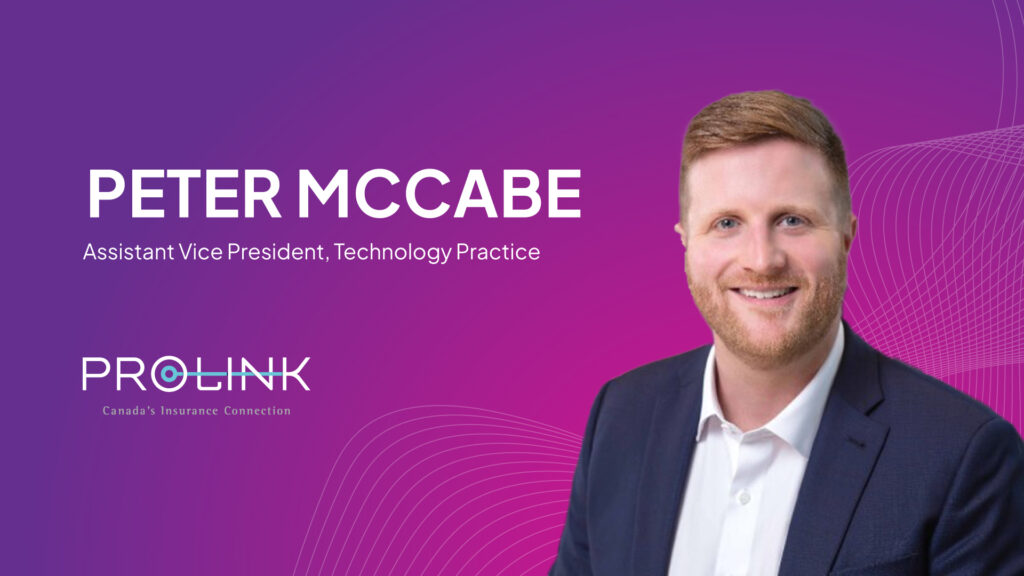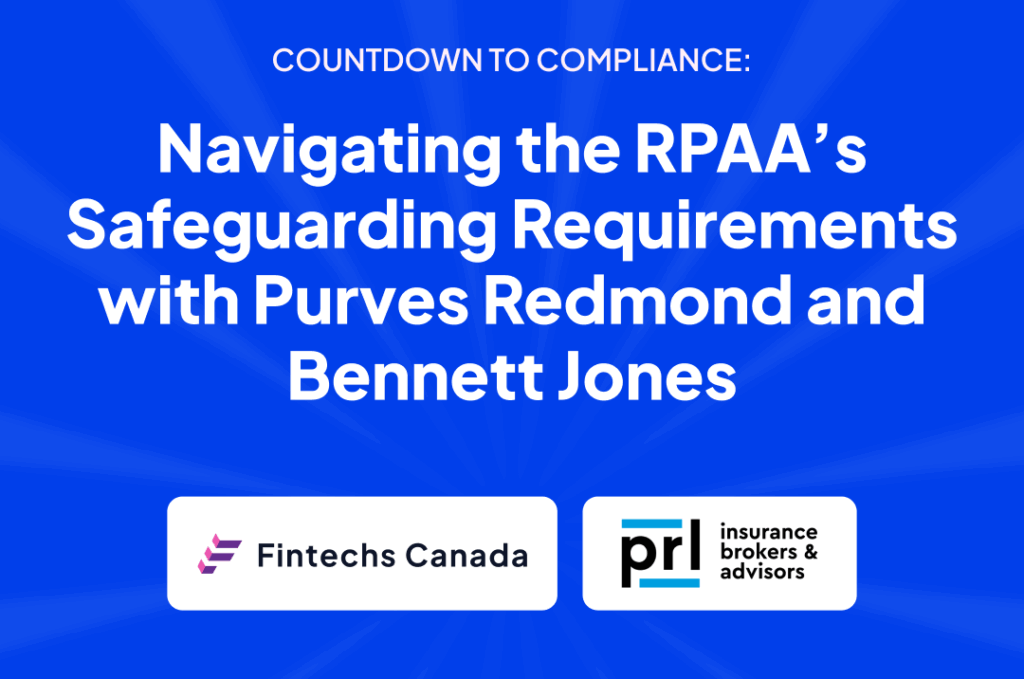We sat down with Peter McCabe, Assistant Vice President, Technology Practice at PROLINK, to talk about the Retail Payment Activities Act (RPAA), safeguarding requirements, and how insurance can help payment companies stay compliant while supporting their growth.
What is PROLINK and what do you do?
PM: PROLINK is a Canadian independent, employee-owned insurance brokerage specializing in insurance and risk management solutions for knowledge-based industries, including fintechs. We focus on deep expertise, personal service, and proactive risk advisory.
It was actually our clients, and our broader network of industry experts, who encouraged us to explore a solution related to the RPAA, and we listened.
For companies new to the RPAA, what is it and why should they be paying attention?
PM: The RPAA governs payment services in Canada. It requires Payment Service Providers (PSPs) to safeguard end-user funds and comply with a new layer of regulatory oversight from the Bank of Canada.
The Act has broad implications for the industry, especially for firms that haven’t previously been subject to this kind of compliance regime. Getting ahead of the requirements is essential, not just for registration, but for long-term business continuity.
How is the RPAA shaping the way payment companies approach safeguarding end-user funds, and where does insurance fit into that picture?
PM: The RPAA mandates that PSPs must safeguard end-user funds either through a trust arrangement or an appropriate insurance product.
We believe insurance is the more flexible option. It allows companies to meet the safeguarding requirements without immobilizing capital, supporting operational efficiency, agility, and growth. That flexibility is particularly valuable for firms looking to scale or reinvest capital into their products and teams.
What insurance products are available to payment companies today, and how might they vary based on a company’s size or business model?
PM: PROLINK has developed an exclusive insurance product that is designed to meet the requirements of the Bank of Canada directly. Our product is live, and we are currently underwriting a significant portion of the firms that have registered with the Bank.
There’s a belief that insurance products for end-user funds safeguarding are expensive, relative to holding the funds in trust at a prudentially regulated financial institution. Why might a company choose insurance as its method of safeguarding over other options?
PM: That’s a common perception, but we think it’s often misunderstood. Insurance offers operational flexibility, scalability, and preservation of liquidity. Unlike trust accounts, insurance doesn’t tie up capital, allowing PSPs to leverage funds strategically for growth.
We are happy to provide a pricing indication to firms through a preliminary, no-obligation consultation call. So far, the firms we’ve spoken with have found our pricing structure to be quite reasonable.
To learn more about PROLINK’s safeguarding insurance solution, visit https://www.prolink.insure/rpaa-insurance/.



